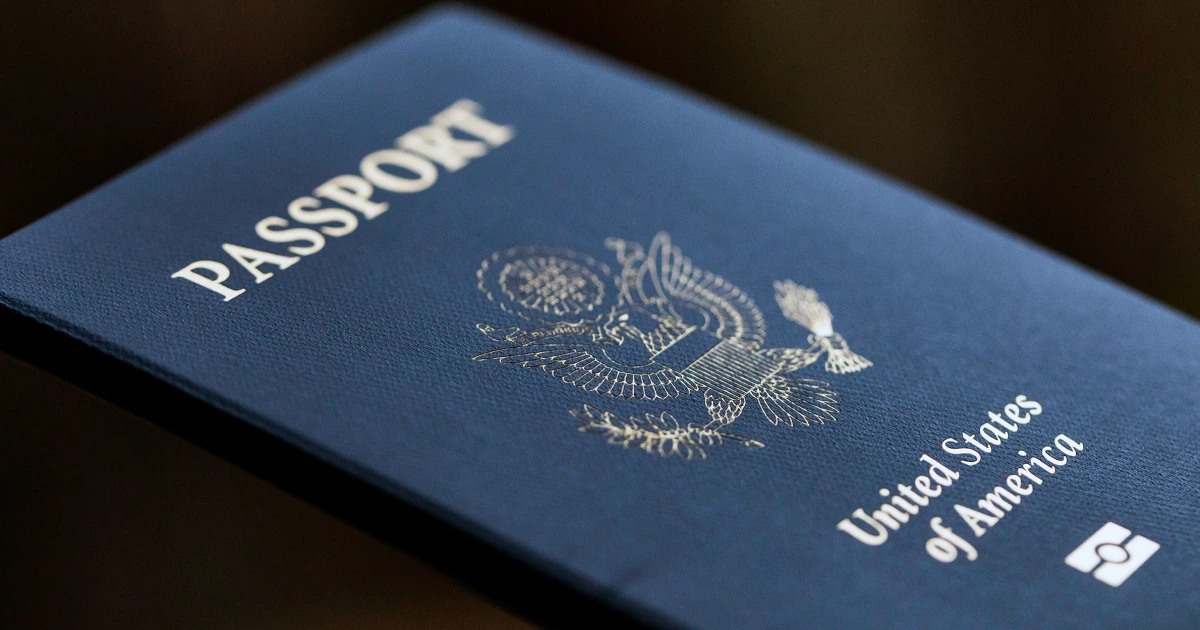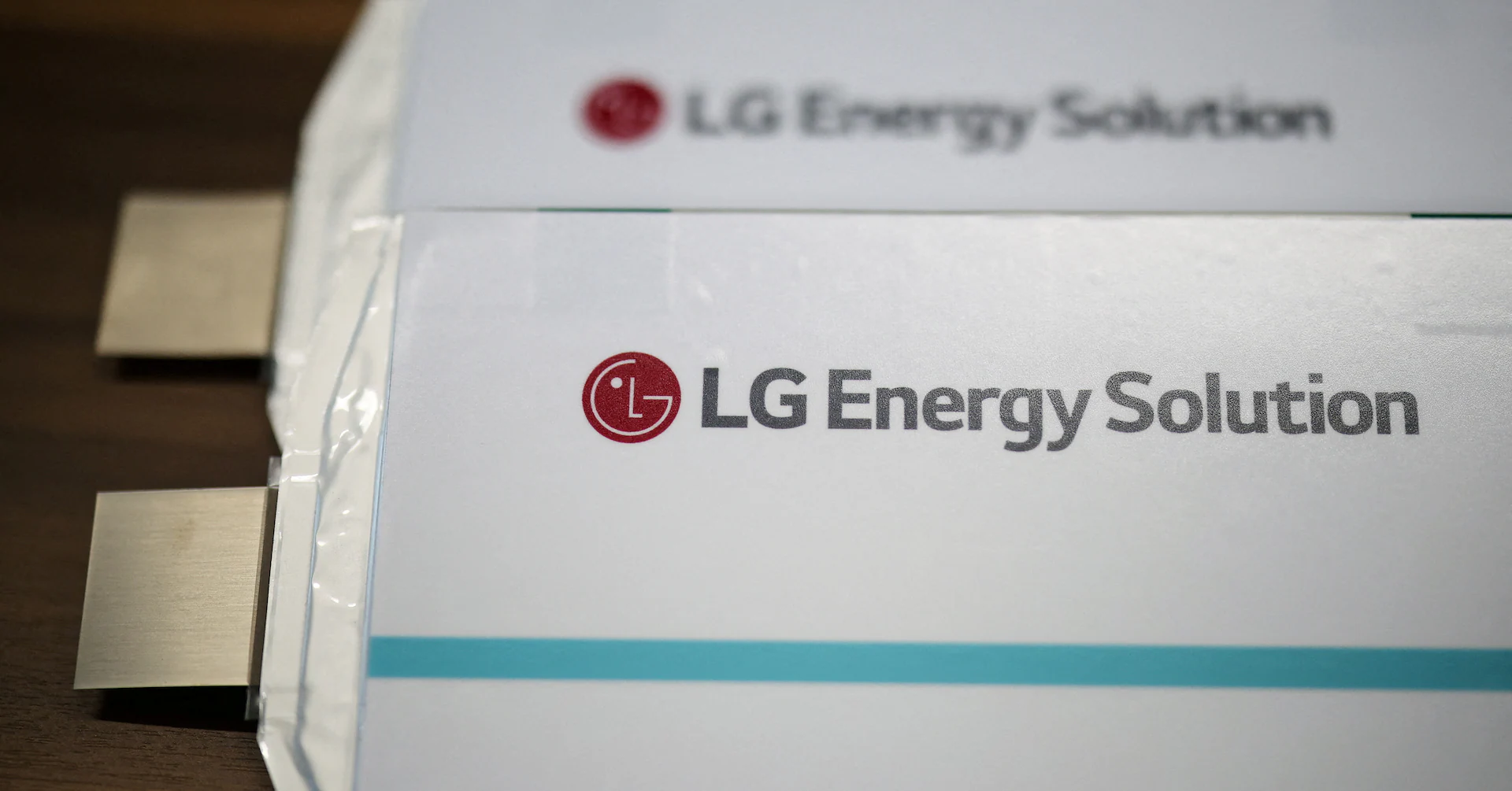
The Supreme Court has been weighing in on seemingly every aspect of American life. A new appeal from the Trump administration just added passports to the list.
That’s because the administration wants to stop people from choosing their sex marker on the travel document, which the Biden administration allowed. To accomplish that policy goal, the current administration wants the high court to lift a lower court order that makes the State Department let passport applicants choose their sex designation.
U.S. Solicitor General John Sauer wrote Friday that there’s “no basis in law or logic” for the lower court order that lets people choose “either ‘M’ or ‘F’ without regard to their biology, or even ‘X’ if they would prefer that instead.” He wrote that the injunction “injures the United States by compelling it to speak to foreign governments in contravention of both the President’s foreign policy and scientific reality.”
U.S. District Judge Julia Kobick in Massachusetts issued the injunction in question. In doing so, the Biden appointee wrote that the plaintiffs “introduced uncontroverted evidence of the harms that transgender and non-binary people face if they are required to use passports bearing sex designations aligning with their sex assigned at birth rather than their gender identity.” The judge wrote that “transgender people with gender-discordant identity documents have an elevated risk of encountering problems with airport security and experiencing harassment or violence when traveling, particularly to countries that criminalize transgender expression.”
A federal appeals court panel declined to lift Kobick’s order earlier this month. It reasoned, in part, that while the government cited the executive’s interest in carrying out its preferred policy, the plaintiffs “will suffer a variety of immediate and irreparable harms from” enforcing the policy. The panel of Biden appointees noted that the appeal raises a novel legal issue that hadn’t been previously decided by the courts.
The plaintiffs will have a chance to oppose the application in writing before the justices weigh in.



